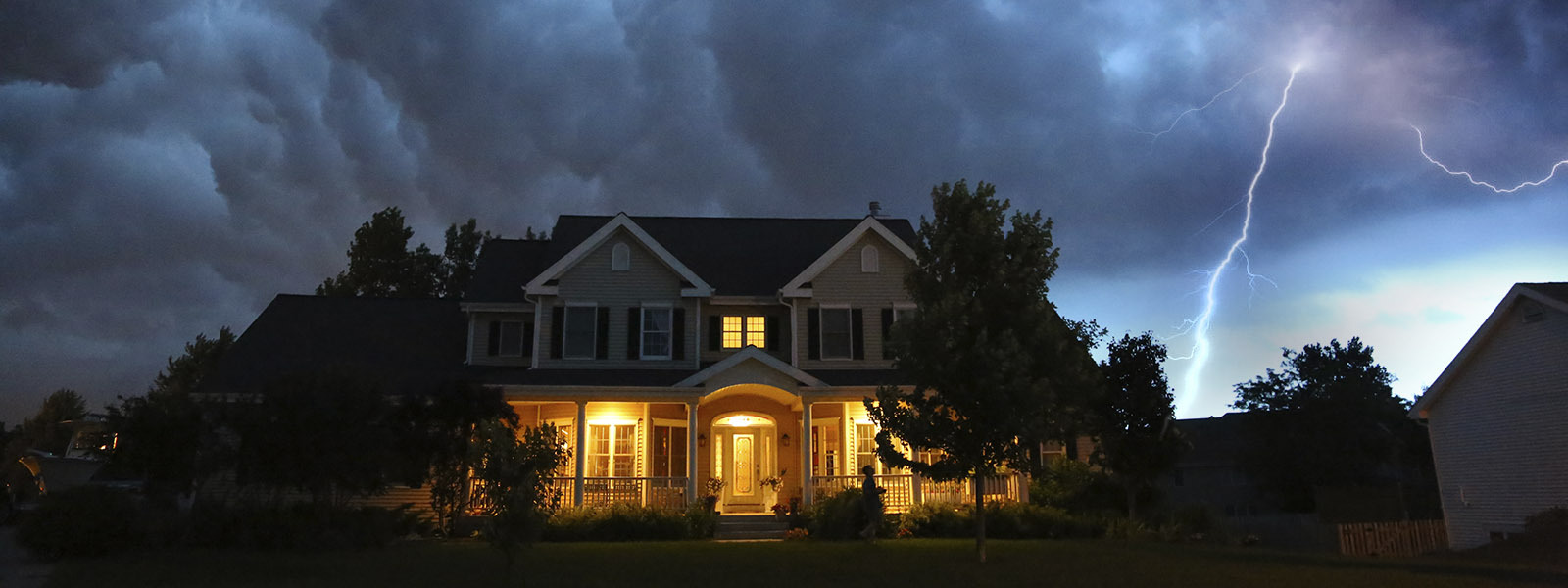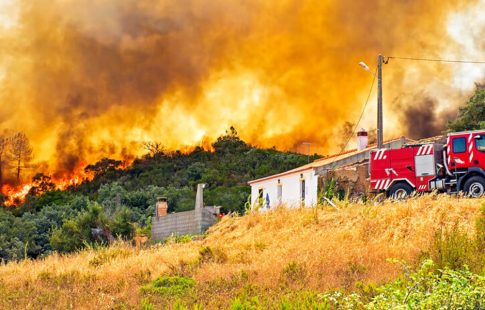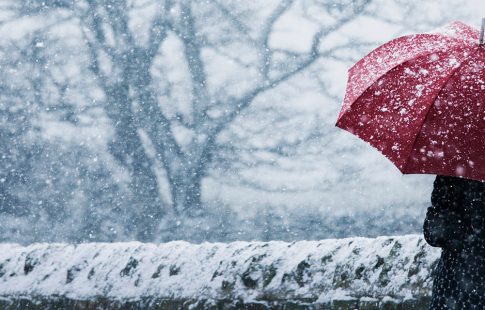Estimated reading time: 3 minutes
No matter where you live, natural disasters can occur suddenly and without warning. Your house could be at risk for flooding, fires, earthquakes, tornadoes, and everything else nature may throw your way. Without adequate insurance to cover against these potential risks, you may not be able to rebuild after a disaster strikes. Here are six types of insurance you can get to cover your home in the event of a natural disaster.
1. Homeowners insurance
The average homeowners insurance policy covers ordinary damages. From a busted pipe in your basement to hailstorm damage to your roof, you should be covered. Keep in mind that each policy is different, and it’s important to know exactly what your insurance company covers.
You should also make sure your policy includes enough coverage to rebuild your home after a total loss. Many homeowners are underinsured and don’t find out until after a disaster. Re-evaluating your policy is also a good idea given that homebuilding costs have been going up. Learn more in our article, “Is Your Home Underinsured? 3 Steps to Make Sure You’re Covered.”
2. Flood insurance
According to Ready.gov, “floods are the most common natural disaster in the United States.” Get a flood insurance policy to protect your home from damages caused by rising water, especially if you live on the coast or in low-lying areas where flooding occurs more frequently. Depending on your mortgage’s conditions, you may also be required to purchase flood insurance, whether you live in a high-risk area or not. There’s usually a waiting period of around a month before flood insurance coverage begins, so it’s best to sign up as soon as possible. Learn more about flood insurance at floodsmart.gov and by talking with your insurer.
3. Sewer backup insurance
On a related note, in the event of heavy rain or flooding, do you know if your sewer is insured against a backup? According to the Insurance Information Institute, “some policies cover sewer and drain backups but many do not.” Additionally, FEMA, which manages the National Flood Insurance Program (NFIP), warns that NFIP policies only cover backups that are directly caused by flooding.
4. Earthquake insurance
The last thing you want to do after an unexpected earthquake is pay to rebuild your home and restore your property. Earthquake insurance is a type of disaster insurance that fills in the coverage gap left behind by your homeowner’s insurance policy even if you don’t live in an area prone to earthquakes. It’s smart and proactive to get an earthquake insurance quote, especially because of the unpredictable nature of this natural disaster.
5. Region-specific insurance
It’s important to be aware of which specific disasters could potentially affect the area where you live. Depending on the region—and especially in high-risk areas—many states have subsidized insurance pools that provide appropriate coverages to residents. Visit FEMA’s website for regional information to search by your ZIP code for localized tips, as well as urgent alerts. Some risks you may want to consider insurance for include landslides, mudflows, or mudslides.
6. Additional coverage
There are supplemental policies and endorsements that you can purchase, in addition to your regular coverage. This can be a good move if you have things like a pool, outdoor spa, or anything else on your property that could be affected by a natural disaster. Some events can be covered by an extra clause in your general policy as well, but it’s best to talk to your insurance agent to see what can be added to your existing plan.
For more information on protecting your home, visit our Natural Disaster Assistance & Planning page.
Tradenames and trademarks used in this blog post are the property of their respective owners. Nationstar Mortgage LLC d/b/a Mr. Cooper is not affiliated, associated, or sponsored by any of these owners. Use of these names and trademarks is not intended to and does not imply endorsement but is for identification purposes only. Information provided does not necessarily represent the views of Mr. Cooper. Information is subject to change without notice.







